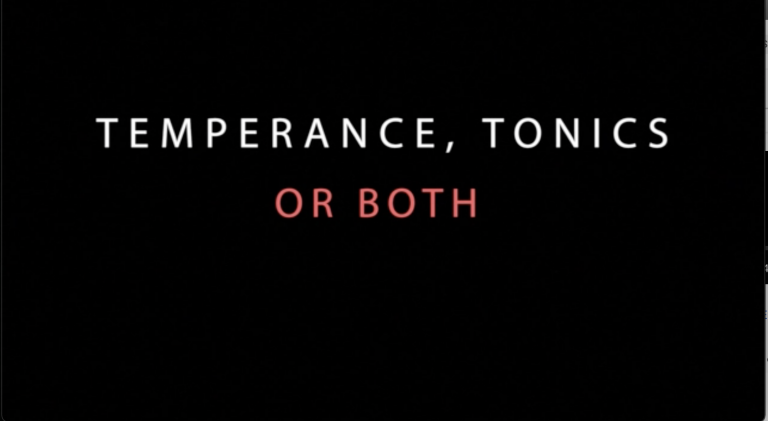There is something about political economic analysis that ends up being depressing. And, if there is one criticism of this lens on communication, in particular new media, it is the negative conclusions often drawn and the lack of alternatives or even solutions provided. In the same way journalism is often criticized for its ability to identify problem, but not facilitate sufficient discourse to begin tackling key issues, I might be tempted to suggest the same holds true for political economic analysis.
And, so Winseck provides a damning critique of convergent media in Canada, which instead of providing new forums for democratic discourse and the dissemination of important news and information vital to modern democracy, he sets out the corporate agenda aimed at gutting content and reaping massive profits as part of a global trend. Technology is not a liberating force, but a constraining one creating a netscape of power. In describing the walled garden created by new technologies like the Internet, Winseck says content does not meet the threshold of high quality, in-depth coverage and interactivity promised by technological positivists. Rather, the Internet provides entertainment-driven drivel. News is subordinate to brand identity. The final result is an excessively integrated, hermetically self-referential form serving the new economy resulting in a loss of meaningful information.
There is a huge temptation to marginalize Winseck’s analysis as crying wolf. The article provides little other than what has become a litany of criticism against online journalism. Certainly, economic interests play a huge role and there is little factually wrong with the case given. However, where is the site of struggle? It cannot be governmental policy, since the CRTC and successive political leaders fail to provide any sound response to ensuring the corporate agenda is allowed to proceed unencumbered. What about the role of journalists? This is completely left out of the analysis, since they are responsible for the creation of the content. Obviously, Winseck believes economic and political forces are the determinants. And, as we have noted in other articles, alternative forms of media, as well as new forms of cyberactivism provide foils to the scenario Winseck describes.
First posted: 7/31/07

